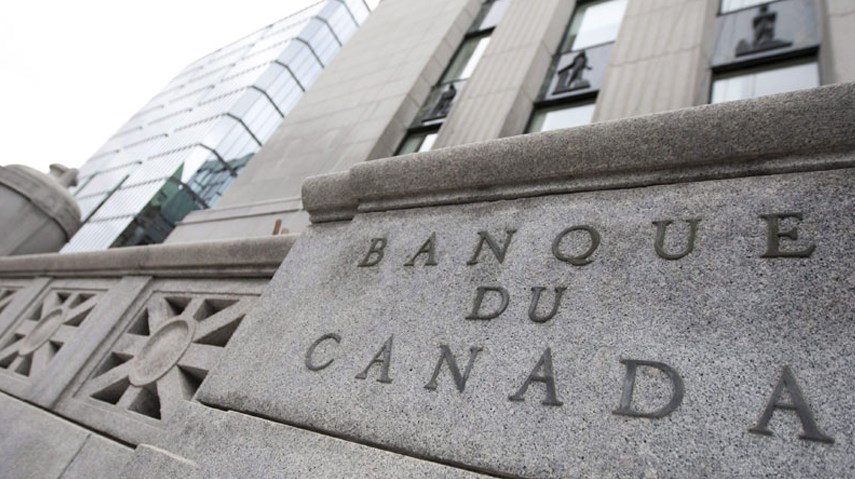The Bank of Canada raised its overnight interest rate by a quarter-point to 1.25 per cent January 17, on the back of the strengthening Canadian economy.
This is the third time it has increased interest rates from the record lows seen until last July.
“Recent data have been strong, inflation is close to target, and the economy is operating roughly at capacity,” the Bank of Canada said in a statement.
In response to the overnight rate hike, Canada’s big banks are very likely to increase their prime rates, which will increase the cost of variable-rate mortgages and other loans.
Canada’s bond yields, which affect fixed-rate mortgages, have also been surging in recent weeks. The Big Six banks have already all increased their fixed-term rates, ahead of Wednesday’s Bank of Canada announcement.
Thomas Davidoff, UBC Sauder School of Business economist and housing expert, and associate professor of the school’s Strategy and Business Economics Division, assessed the likely impact of the interest-rate rise on homeowners and the real estate market. He told the Courier, “For those with five-year fixed-rate mortgages, there won’t likely be a huge impact, but for those with shorter adjustment periods [such as fixed rates nearing the end of their term, or variable-rate mortgages], they will likely see an almost-immediate increase in their monthly payments.”
Davidoff said that he thinks the interest rate rise could potentially affect the overall real estate market.
“If you look at the data, we can see a lot of people are purchasing based on affordability – especially because it has been the lower end of the market that has performed so strongly. So for borrowers just getting by, [the interest rate rise] is an added stress – and then you add in the new ‘stress test,’ which is now qualifying borrowers at an even higher rate, and that creates additional headwinds.
“It creates a risk for the entry-level condo market, as a lot of the buyers who would have been there are not going to be there. It’s going to force buyers to choose between bigger and smaller condos, or better- or worse-located condos.”
Davidoff also predicted that the double-whammy of the steepening stress test and rising mortgage rates could put further pressure on the already ultra-tight rental market. He said, “It will also affect the rental market, as people that would have been moving out of their parents’ basements to own a place will now move out to rent a place, and many other potential buyers will keep renting and not forming a household. That will create extra pressure on the rental market.”



